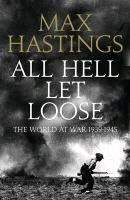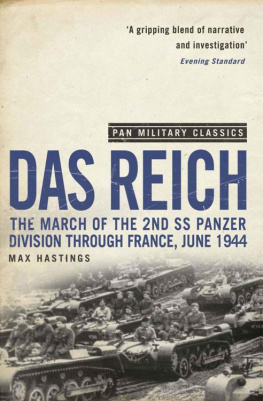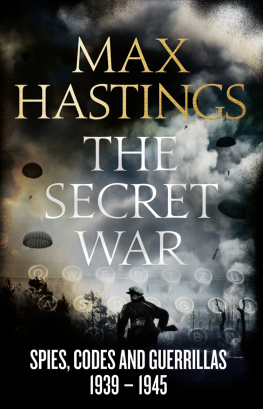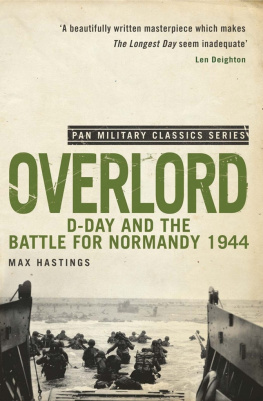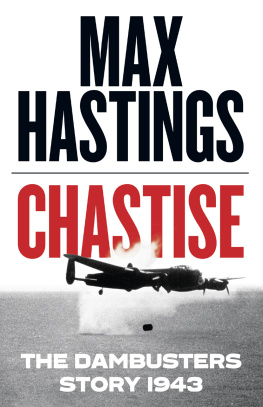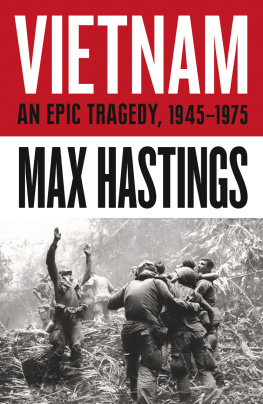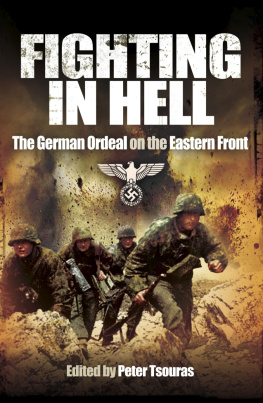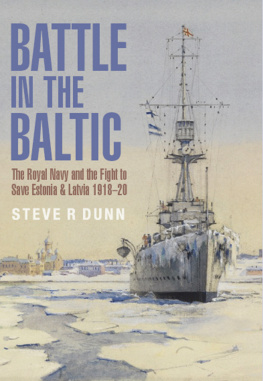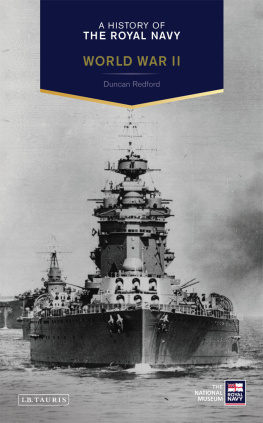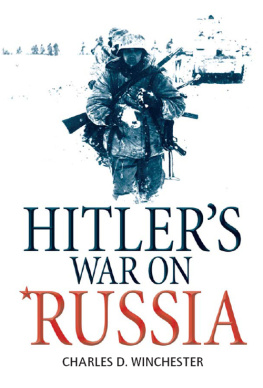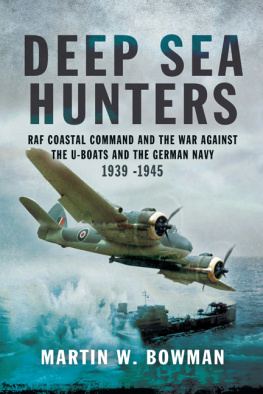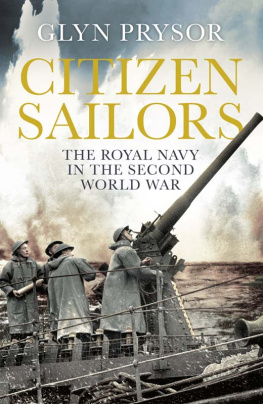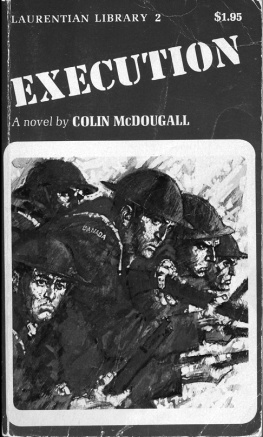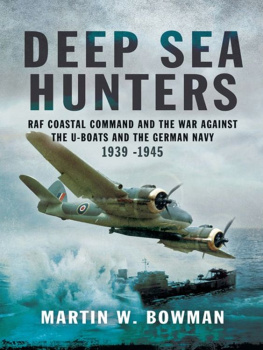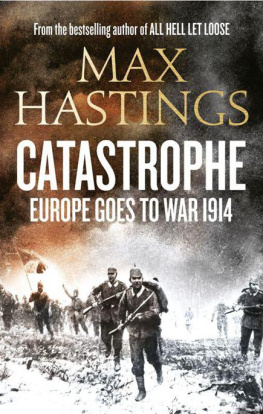Contents
Poland Betrayed
No Peace, Little War
Blitzkriegs in the West
Norway
The Fall of France
Britain Alone
The Mediterranean
Mussolini Gambles
A Greek Tragedy
Sandstorms
Barbarossa
Moscow Saved, Leningrad Starved
America Embattled
Japans Season of Triumph
I Suppose youll Shove the Little Men Off
The White Route from Burma
Swings of Fortune
Bataan
The Coral Sea and Midway
Guadalcanal and New Guinea
The British at Sea
The Atlantic
Arctic Convoys
The Ordeal of Pedestal
The Furnace: Russia in 1942
Living with War
Warriors
Home Fronts
A Womans Place
Out of Africa
The Bear Turns: Russia in 1943
Divided Empires
Whose Liberty?
The Raj: Unfinest hour
Asian Fronts
China
Jungle-Bashing and Island-Hopping
Italy: High Hopes, Sour Fruits
Sicily
The Road to Rome
Yugoslavia
War in the Sky
Bombers
Targets
Victims
Masters and Slaves
Killing Jews
Europe Becomes a Battlefield
Japan: Defying Fate
Germany Besieged
The Fall of the Third Reich
Budapest: In the Eye of the Storm
Eisenhowers Advance to the Elbe
Berlin: The Last Battle
Japan Prostrate
Victors and Vanquished
This is a book chiefly about human experience. Men and women from scores of nations struggled to find words to describe what happened to them in the Second World War, which transcended anything they had ever known. Many resorted to a clich: All hell broke loose. Because the phrase is commonplace in eyewitness descriptions of battles, air raids, massacres and ship sinkings, later generations are tempted to shrug at its banality. Yet in an important sense the words capture the essence of what the struggle meant to hundreds of millions of people, plucked from peaceful, ordered existences to face ordeals that in many cases lasted for years, and for at least sixty millions were terminated by death. An average of 27,000 people perished each day between September 1939 and August 1945 as a consequence of the global conflict. Some survivors found that the manner in which they had conducted themselves during the struggle defined their standing in their societies for the rest of their lives, for good or ill. Successful warriors retained a lustre which enabled some to prosper in government or commerce. Conversely, at the bar of a London club thirty years after the war, a Guards veteran murmured about a prominent Conservative statesman: Not a bad fellow, Smith. Such a pity he ran away in the war. A Dutch girl, growing up in the 1950s, found that her parents categorised each of their neighbours in accordance with how they had behaved during the German occupation of Holland.
British and American infantrymen were appalled by their experiences in the 194445 north-west Europe campaign, which lasted eleven months. But Russians and Germans fought each other continuously for almost four years in far worse conditions, and with vastly heavier casualties. Some nations which played only a marginal military role lost many more people than the Western Allies: Chinas ordeal at Japanese hands between 1937 and 1945 cost at least fifteen million lives; Yugoslavia, where civil war was overlaid on Axis occupation, lost more than a million dead. Many people witnessed spectacles comparable with Renaissance painters conception of the inferno to which the damned were consigned: human beings torn to fragments of flesh and bone; cities blasted into rubble; ordered communities sundered into dispersed human particles. Almost everything which civilised peoples take for granted in time of peace was swept aside, above all the expectation of being protected from violence.
It is impossible to detail within a single volume the vastness of the war, the largest event in human history. I have already described aspects of it in eight books, most significantly Bomber Command , Overlord , Armageddon , Nemesis and Finest Years . While any work such as this should be self-contained, I have striven to avoid repetition of either anecdotage or analysis of large issues. For instance, having devoted an entire chapter of Nemesis to the 1945 dropping of the atomic bombs on Hiroshima and Nagasaki, it seems fruitless to revisit my own arguments. This book sustains a chronological framework, and seeks to establish and reflect upon the big picture, the context of events: the reader should gain a broad sense of what happened to the world between 1939 and 1945. But its principal purpose is to illuminate the conflicts significance for a host of ordinary people of many societies, both active and passive participants though the distinction is often blurred. Was, for example, a Hamburg woman who ardently supported Hitler, but perished in the July 1943 firestorm generated by Allied bombing, an accomplice to Nazi war guilt, or the innocent victim of an atrocity?
In my pursuit of the human story, wherever possible without losing coherence my narrative omits unit identifications and details of battlefield manoeuvres. I have tried to create a global portrait: the strategic narrative emphasises aspects of the conflict which I have not examined elsewhere, and about which there seems more to be said for instance, Indias experience at the expense of others which have been exhaustively explored, such as Pearl Harbor and the battle for Normandy.
The Jewish genocide became the most coherent fulfilment of Nazi ideology. I wrote in Armageddon about the ordeal of concentration-camp prisoners, and have here instead addressed the evolution of the Holocaust from a Nazi perspective. So widespread is a modern Western perception that the war was fought about Jews, that it should be emphasised this was not the case. Though Hitler and his followers chose to blame the Jews for the troubles of Europe and the grievances of the Third Reich, Germanys struggle with the Allies was about power and hemispheric dominance. The plight of the Jewish people under Nazi occupation loomed relatively small in the wartime perceptions of Churchill and Roosevelt, and less surprisingly in that of Stalin. About one-seventh of all fatal victims of Nazism, and almost one-tenth of all wartime dead, ultimately proved to have been Jews. But at the time their persecution was viewed by the Allies merely as one fragment of the collateral damage caused by Hitler, as indeed Russians still see the Holocaust today. The limited attention paid to the Jewish predicament by the wartime Allies was a source of frustration and anger to informed co-religionists at the time, and has prompted powerful indignation since. But it is important to recognise that between 1939 and 1945 the Allied nations saw the struggle overwhelmingly in terms of the threat posed by the Axis to their own interests, though Churchill defined these in generous and noble terms.
One of the most important truths about the war, as indeed about all human affairs, is that people can interpret what happens to them only in the context of their own circumstances. The fact that, objectively and statistically, the sufferings of some individuals were less terrible than those of others elsewhere in the world was meaningless to those concerned. It would have seemed monstrous to a British or American soldier facing a mortar barrage, with his comrades dying around him, to be told that Russian casualties were many times greater. It would have been insulting to invite a hungry Frenchman, or even an English housewife weary of the monotony of rations, to consider that in besieged Leningrad starving people were eating each other, while in West Bengal they were selling their daughters. Few people who endured the Luftwaffes 194041 blitz on London would have been comforted by knowledge that the German and Japanese peoples would later face losses from Allied bombing many times greater, together with unparalleled devastation. It is the duty and privilege of historians to deploy relativism in a fashion that cannot be expected of contemporary participants. Almost everyone who participated in the war suffered in some degree: the varied scale and disparate nature of their experiences are themes of this book. But the fact that the plight of other people was worse than ones own did little to promote personal stoicism.

